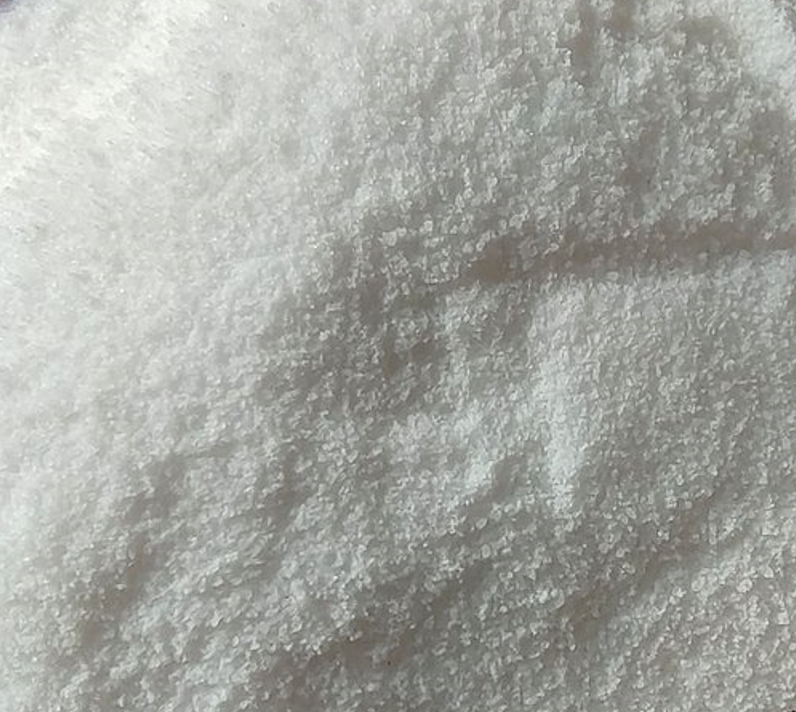The invention provides a high-strength polyacrylonitrile synthesis method with high yield, high efficiency, and low safety risk to promote the development of the carbon fiber industry.
The production process of polyacrylonitrile used in the present invention is the aqueous suspension continuous polymerization method. Compared with the conventional homogeneous solution polymerization method and aqueous precipitation polymerization method, this method takes the advantages of both and eliminates their shortcomings. The process flow, reaction formula, and process parameters are reasonably formulated to produce high-strength polyacrylonitrile products that meet the requirements of the carbon fiber industry and are suitable for producing polyacrylonitrile products for different application.
The beneficial effects of the present invention are as follows:
1. Low consumption
The present invention has advanced technology, reasonable process, high conversion rate of raw material reaction, full utilization of raw materials, and reduces material consumption.
2. High efficiency and large production capacity
The specific heat capacity of water is high, which can quickly absorb and transfer the heat released from polymerization reactions, improve the heat exchange rate, and significantly increase the production capacity of reaction vessels, resulting in high production efficiency.
3. High product quality
(1) Using water as the polymerization reaction medium, there is no chain transfer reaction to the solvent, reducing the probability of defects such as molecular branching and facilitating the preparation of high molecular weight polyacrylonitrile products.
(2) The modification of acrylonitrile polymer with vinyl acetate and acrylic ester reduces its brittleness, improves its elasticity and toughness, and is beneficial for enhancing the strength of polyacrylonitrile precursor fibers.
(3) This synthesis method uses azobisisobutyronitrile as an initiator and employs a self-designed polymerization reaction system and monomer removal system to reduce residual impurities in the polymer, which is beneficial for the preparation of high-strength carbon fibers.
4. Safety and environment friendly
Replacing organic solvents with water improves the safety of polymerization reactions and reduces environmental pollution.
